I recently chatted with a colleague about books that have changed our lives (1). It was literally a 2-minute conversation, but the idea of the impact of books still lingers in my mind. Counterintuitively, the readings that have had the most positive impact on my clinical practice as a physical therapist are not clinical trials or systematic reviews published in scientific and health journals. They are books that, though story, memoir, and metaphor, have broadened my view of humanity, the human experience, and the human relationship with the non-human world. In this blog post, I’d like to share a few of the books that have guided me towards planetary justice and have transformed my way of being as a physical therapist.
Firstly, though, let’s establish context. I was born in Japan and grew up in the United States. I have predominantly acculturated and assimilated to American and Western ways of seeing the world despite having strong Japanese cultural roots and never feeling like a ‘real’ American. I acquired the belief that humans are separate from, and often in conflict with, the natural world. My clinical training instilled the value of learned expertise over lived experience, and that as a physical therapist, my job was to fix my patients’ painful joints and impaired mobility. In short, I was indoctrinated into the viewpoint that relationships are power dynamics, that humans have power over nature, and that health care providers hold power and privilege over patients.
Through reading books unrelated to health care and physical therapy, I have adopted an alternate perspective that centers around interconnectedness and reciprocity instead of relational power dynamics. Viewing the world in this way has been a personal and professional transformation. I feel more authentically myself and much more resilient and equipped to engage fully in the work of social, health, and environmental justice. I have stronger empathy muscles to build therapeutic alliances with my patients and engage in shared decision making, and I have a stronger vision of how I can contribute to bringing planetary health into physical therapy research, education, and clinical practice.

Noriko Yamaguchi
Physical Therapist and Clinical Assistant Professor of Physical Therapy at University of Southern California

So now, allow me to share three transformative books.
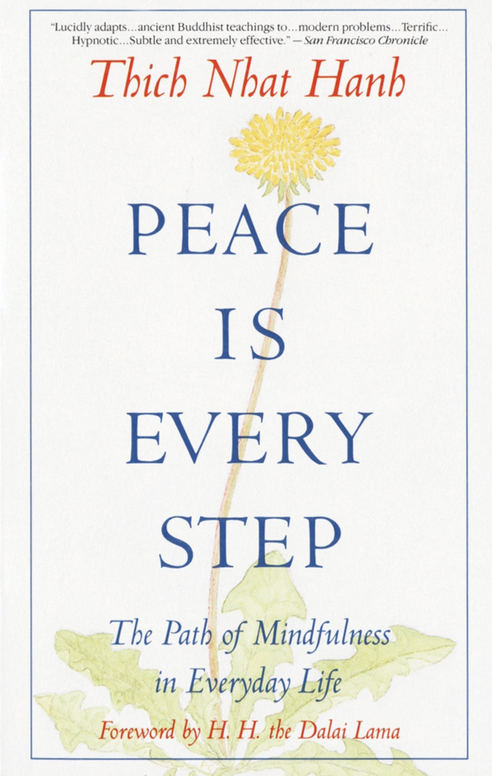
Improving planetary health requires that we engaged in personal and interpersonal healing. None of us are immune to the historic, intergenerational traumas that have occurred throughout the history of humanity as well as the traumas inflicted to ecosystems in the name of human progress. Currently, war in Europe, climate catastrophe, political polarization, and global inflation inflict stress and suffering on the world. When finding inner and outer peace feels particularly challenging, I turn to my old friend, Peace Is Every Step: The Path of Mindfulness In Everyday Life, by Buddhist monk and peace activist Thich Nhat Hanh (2). The lessons of loving kindness, compassion, and gratitude have fundamentally changed how I engage with myself, with other people, and with the non-human world. By practicing mindfulness, or nonjudgmental awareness, I have increased my emotional intelligence and the ability to be responsive instead of reactionary to injustice. Mindfulness also redirects me when I slip into the zero-sum, ‘us vs. them’ binary and reminds me to slow down when restless with urgency. Planetary justice requires more than just human action; it requires awareness and clarity that arises from human stillness.
Dr. Robin Wall Kimmerer is a scientist and storyteller whose writings provide similar lessons of reciprocity and the interconnectedness of beings that Thich Nhat Hanh teaches us. By weaving her scientific training as a botanist with her indigenous ways of knowing in Braiding Sweetgrass: Indigenous Wisdom, Scientific Knowledge, and the Teachings of Plants (3), Dr. Kimmerer shares a world in which humans engage with the environment with gratitude and honor. This book is an antidote to the ‘us vs. them’ binary which justifies the othering of people and ecosystems. Rather than othering the natural world, she connects healthy ecosystems with healthy human social ecosystems. She describes a vision of planetary health by defining progress as well-being for all instead of the accumulation of material wealth by us. This lens of ‘we’ allows us to see that planetary problems such as climate change, health disparities, and social inequity are interconnected and thus requires solutions founded in honor and shared responsibility.
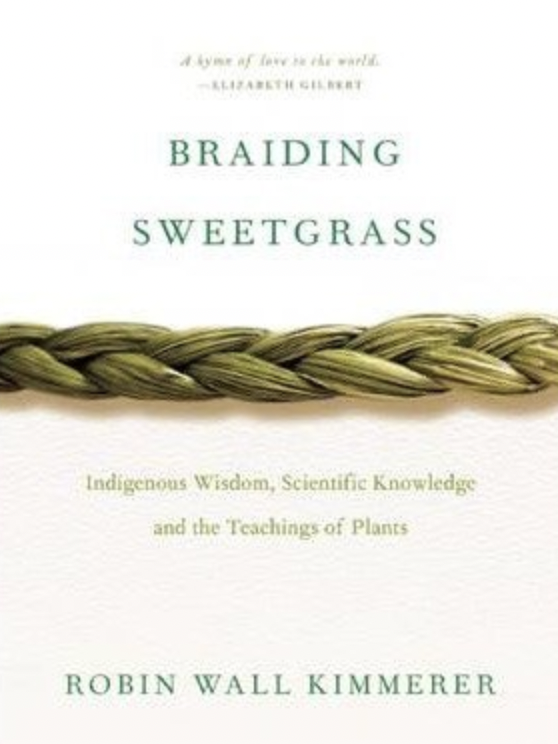
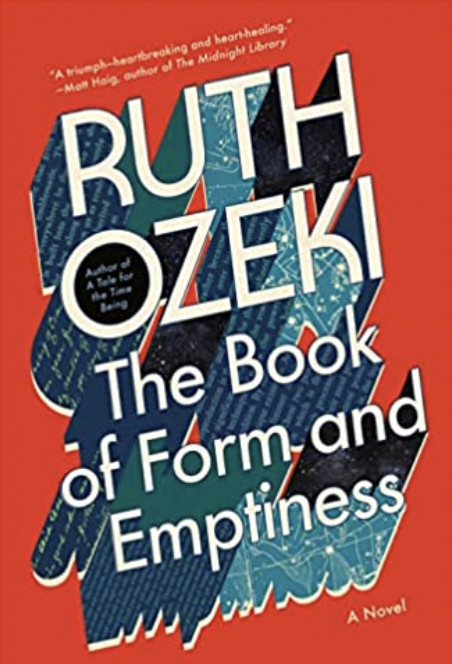
Ruth Ozeki weaves together themes of trauma, societal inequity, and our complex relationship with inanimate ‘things’ in her novel, The Book of Form and Emptiness (4). Although this is a story about Benny and his mother, Annabelle, the novel includes inanimate characters that have their own stories to tell. The novel explores our attachment to objects, our resistance to seeing new perspectives, and our capacity for personal transformation even after experiencing immense trauma and suffering. By considering our relationships with material goods, the novel helped me to reconcile the cultural dissonance between traditional Japanese ways of seeing the spirit, intentions, and emotions of inanimate objects and the consumerist culture of guilt-free exploitation, use, and discarding of things.
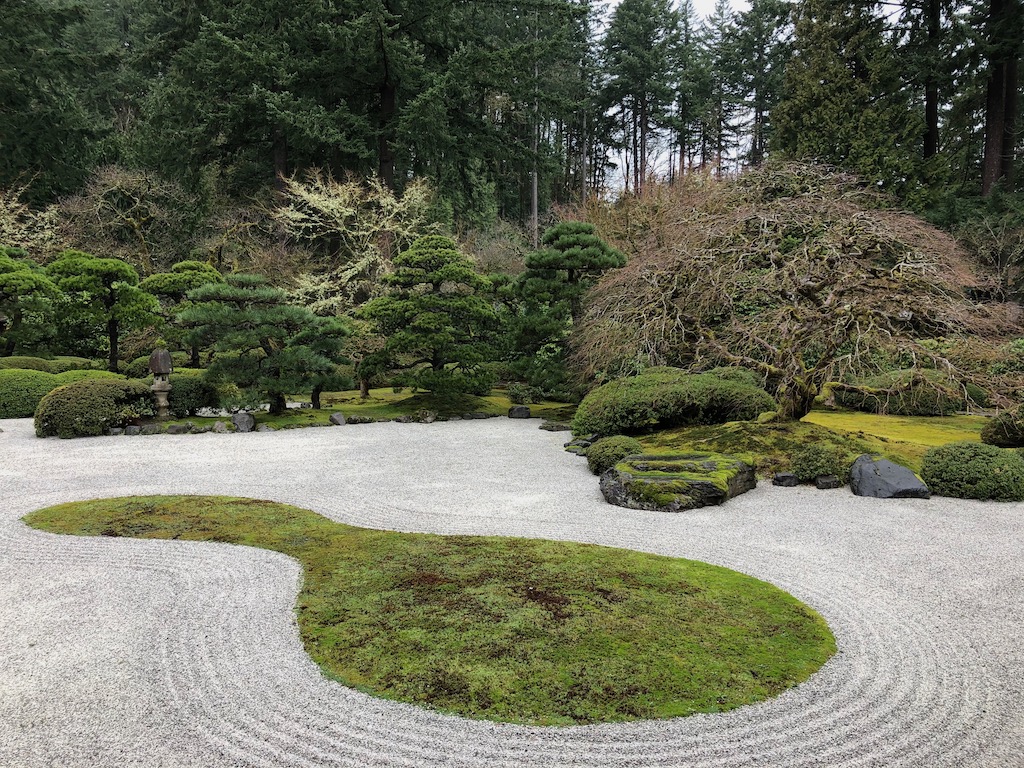
The vision statement for the American Physical Therapy Association (APTA) is: ‘Transforming society by optimizing movement to improve the human experience’ (5). To achieve this vision, we must first transform ourselves and our profession. Reading books completely unrelated to physical therapy has helped my transformation from a physical therapist rooted in biomedical, reductionist clinical practice to a one rooted in reciprocity, interconnectedness, and justice. I feel ready to contribute to the transformation of our profession into one that recognizes and embraces planetary health as part of physical therapy practice. I invite my global colleagues on their own self-exploration of humanity and transformation by reading these and other books.
References
(1) Aguilar, E. (2020). Coaching for Equity: Conversations That Change Practice. Hoboken, NJ:Jossey-Bass. pg 175
(2) Hạnh, N., & Kotler, A. (1995). Peace is every step: The path of mindfulness in everyday life. London: Rider, an imprint of Ebury Publishing.
(3) Wall Kimmerer, R. (2013). Braiding Sweetgrass: Indiginous Wisdom, Scientific Knowledge, and the Teachings of Plants. Minneapolis, MN:Milkweed Editions.
(4) Ozeki, R. (2021). The Book of Form and Emptiness. New York City:Penguin Books.
(5) American Physical Therapy Association Vision Statement (n.d.). Retrieved from https://www.apta.org/apta-and-you/leadership-and-governance/vision-mission-and-strategic-plan

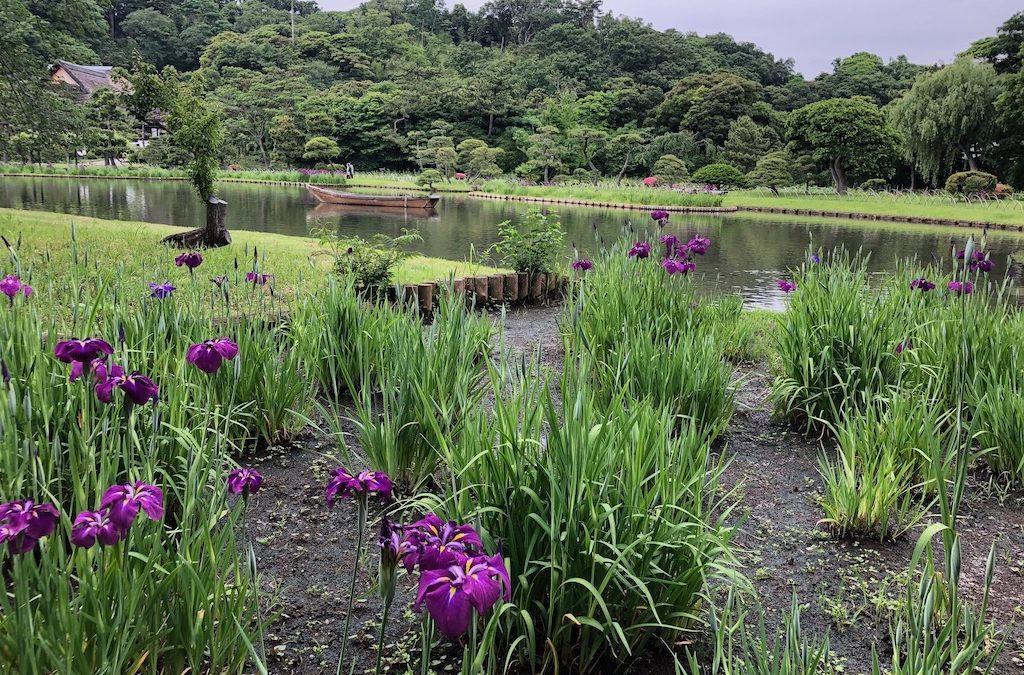
Thank you so much for this, Noriko.
One of my AHA! moment of 2022, was the key role of the ‘heart’ in striving for not only human health, but planetary health. That values drives action, and that needs to be taken into account when trying to facilitate change.
And then also the interconnectedness, and how science and indigenous knowledge systems can complement each other
Hi, Karien!
Thank you for your comment, and YES! Independence and interdependence are not mutually exclusive but synergistic… what a beautiful and just world the collective ‘we’ can experience by thinking ‘yes, and’ instead of ‘either/or’!
With gratitude,
Noriko
Thanks Noriko :), can’t agree more. I had heard about Braiding sweetgrass book in the past, so have just ordered it.
It is nice to be part of this group of like minded physios.
Great blog post, Noriko!
All these books are now on my reading list. Definitely good food for though here. Thanks for sharing.
Thanks for sharing, Noriko. I also think it’s so important to burst out of the physiotherapy bubble and expand our perspective and viewpoints. And reading books is a such a great way to do this. And I’m so much with you on Mindfulness playing an important role in this!